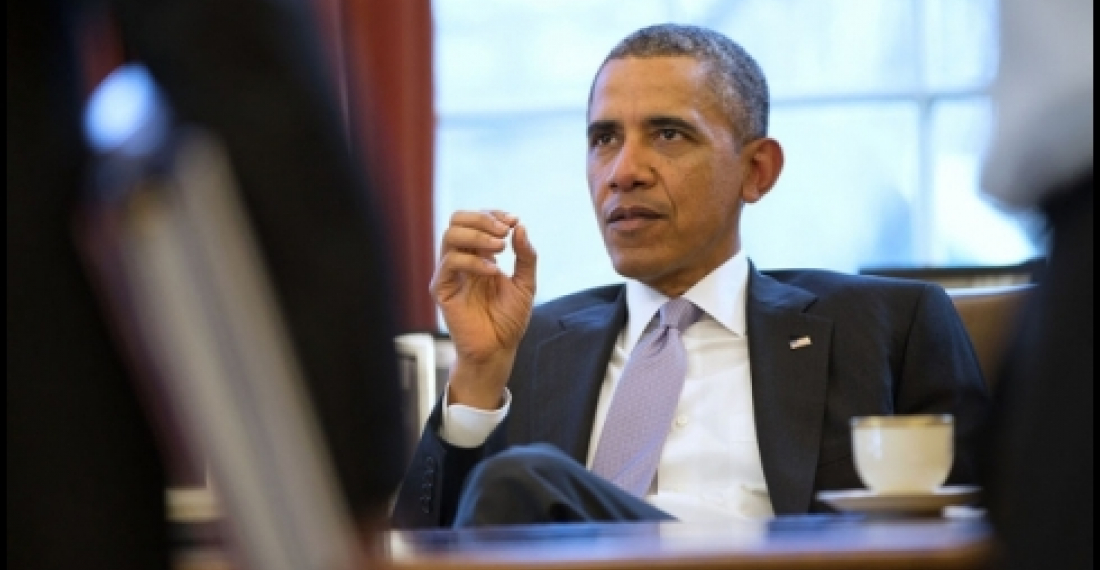European Foreign Policy Chief Catherine Ashton is expected to meet later today with Russian Foreign Minister Sergei Lavrov as diplomatic efforts continue to resolve the crisis over Ukraine. During the weekend Russian troops occupied most of the Crimean Peninsula amid threats of further incursions on Ukrainian territory.
EU Foreign Ministers yesterday met in Brussels to consider the current situation and in a toughly worded statement called for the withdrawal of Russian Forces to their previous positions. The meeting also set in motion a series of measures that will be implemented in case of continued Russian aggression against Ukraine. The meeting also reiterated that the Association Agreement between the EU and Ukraine was now again on the table, and that this was not the final word in EU – Ukraine relations, an indication perhaps that the EU is now for the first time considering the possibility of starting negotiations with Ukraine on full membership.
(Full statement of the Council of the EU in English here).
In the meantime however the situation in Ukraine remains tense and US President Barak Obama yesterday held an urgent meeting of his foreign policy and national security team during which a number of decisions were taken, although they have not yet been announced. US Secretary of State John Kerry today travels to Kiev in an expression of US support for the new Ukrainian government. NATO’s North Atlantic Council is expected to meeting Brussels again today, this time at the request of Poland who has invoked provisions of the North Atlantic Treaty that allow member states to trigger formal consultations in case they feel that their security is threatened.
Source: commonspace.eu
Photo: US President Barak Obama with his national security team at the White House on 3 March 2014 (picture courtesy of the White House.
Commentary
Ashton and Lavrov to meet on Ukraine. Obama consults his national security team and an EU Summit is scheduled for Thursday.







